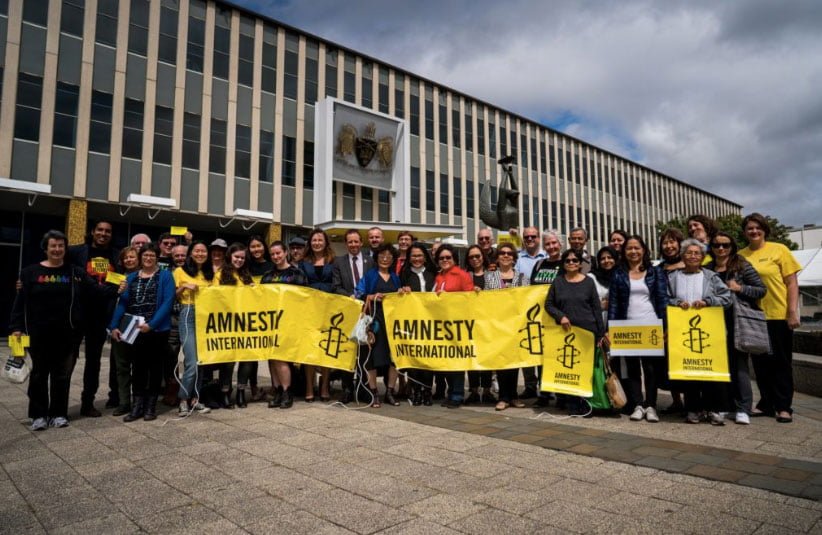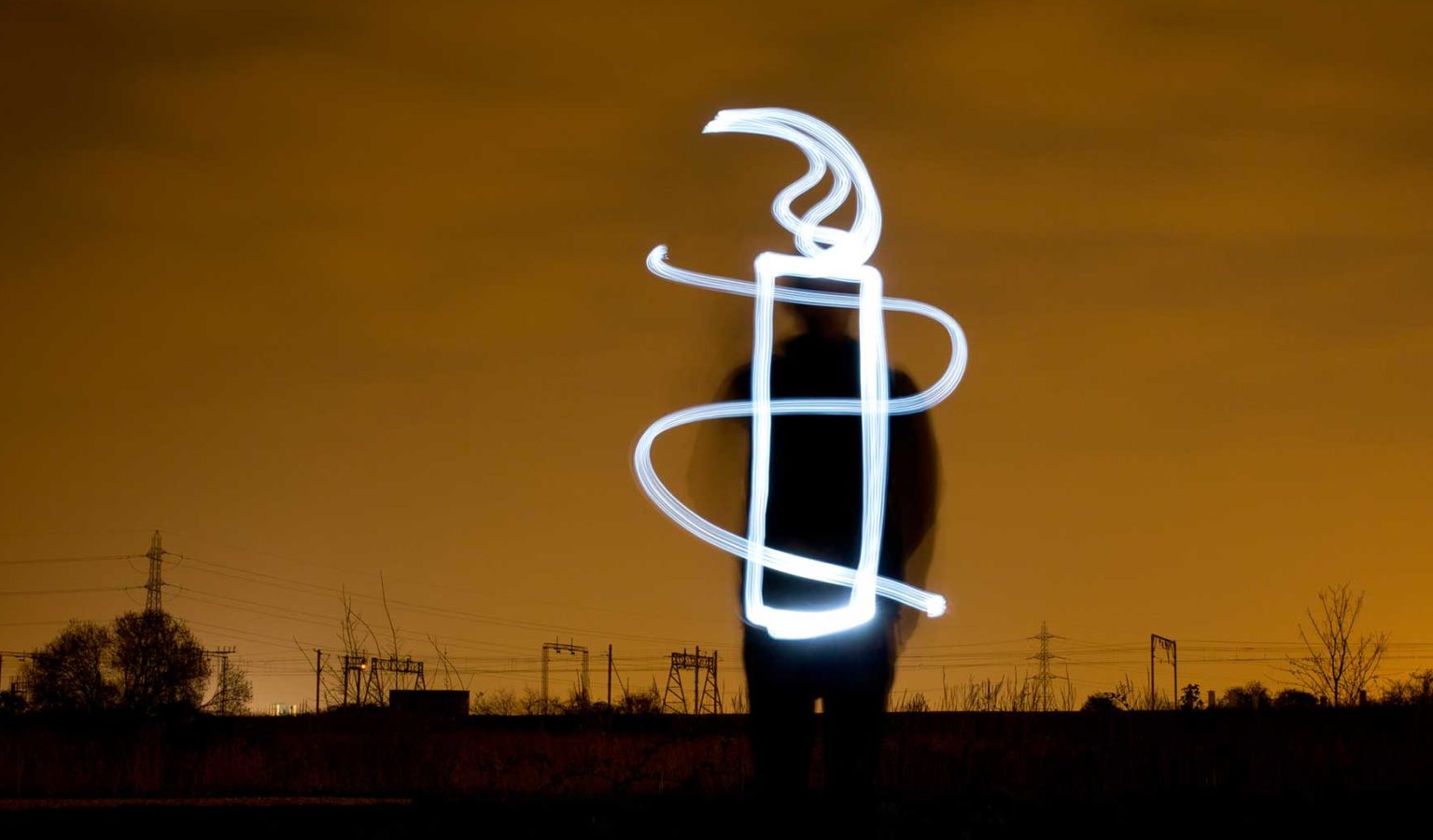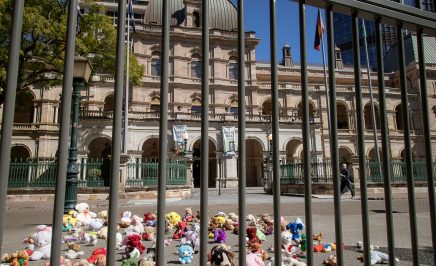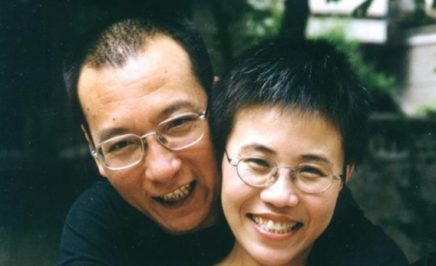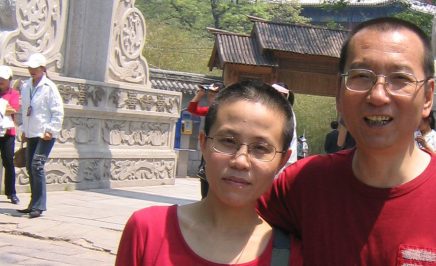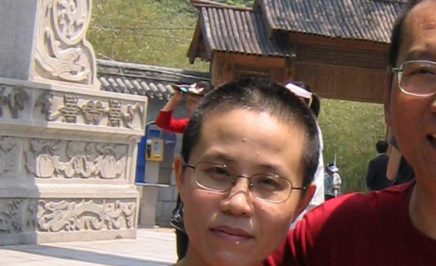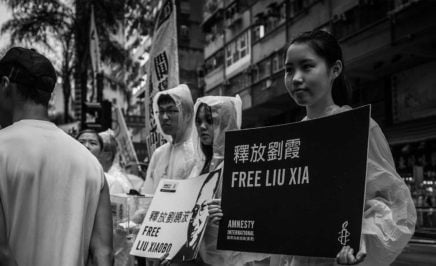As we continue to fight the good fight in 2019 Amnesty Campaigner Belinda Lowe remembers a cheery moment for human rights for every month of 2018.
January
The councils of Flinders Island, Fremantle, Yarra, Darebin and Moreland showed respect for Aboriginal and Torres Strait Islander people by holding Australia Day events on a date other than 26 January. 26 January marks the invasion of Australia and signifies mourning and survival for Indigenous people, not a date to party. Triple J also moved the date of its Hottest 100, and tens of thousands of Indigenous and non-Indigenous people attended rallies and protests in solidarity.
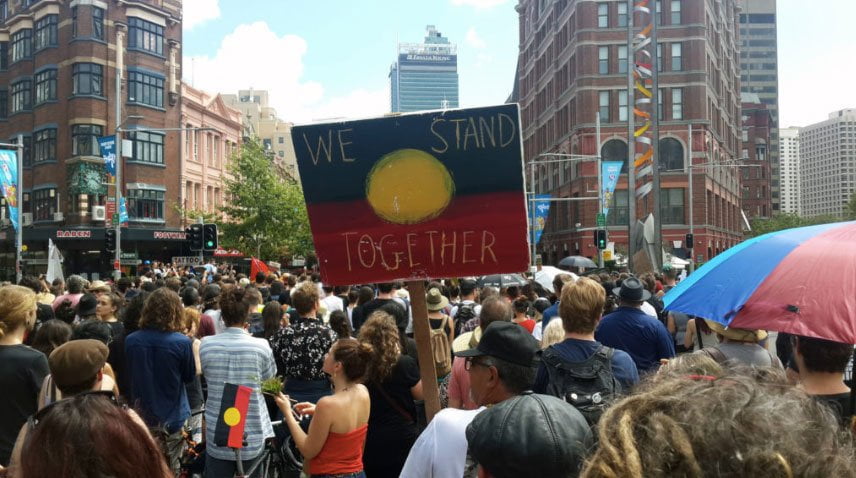
February
Teodora del Carmen Vasquez was finally freed from jail in El Salvador, when a court reduced her outrageous 30-year sentence. She had already spent a decade behind bars after having a stillbirth, which led to her being accused and convicted for having an abortion – an illegal act in El Salvador.
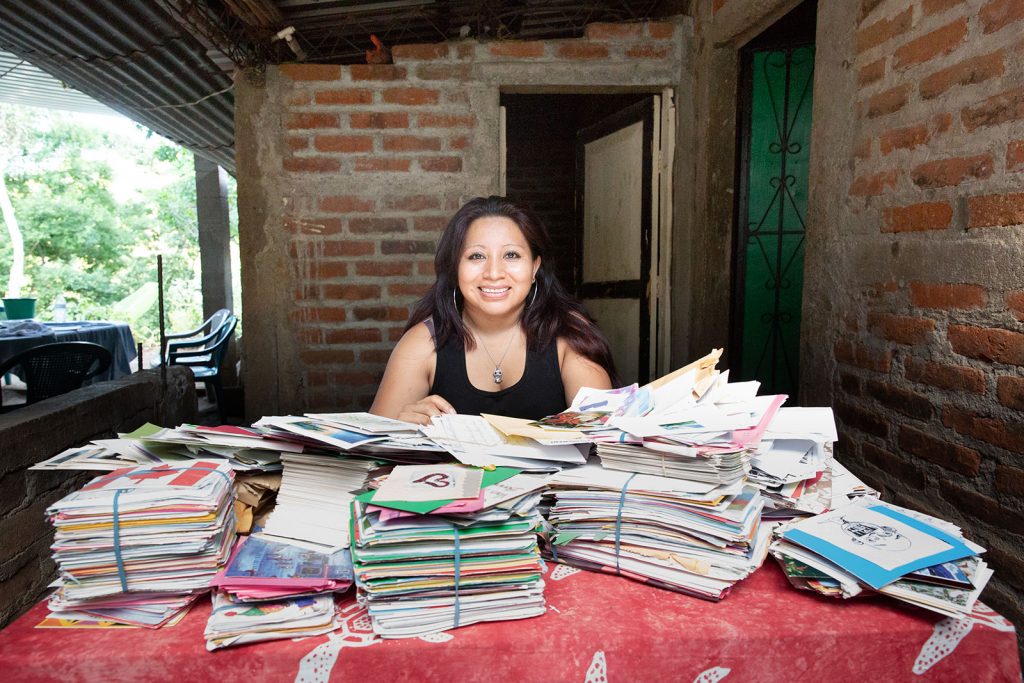
March
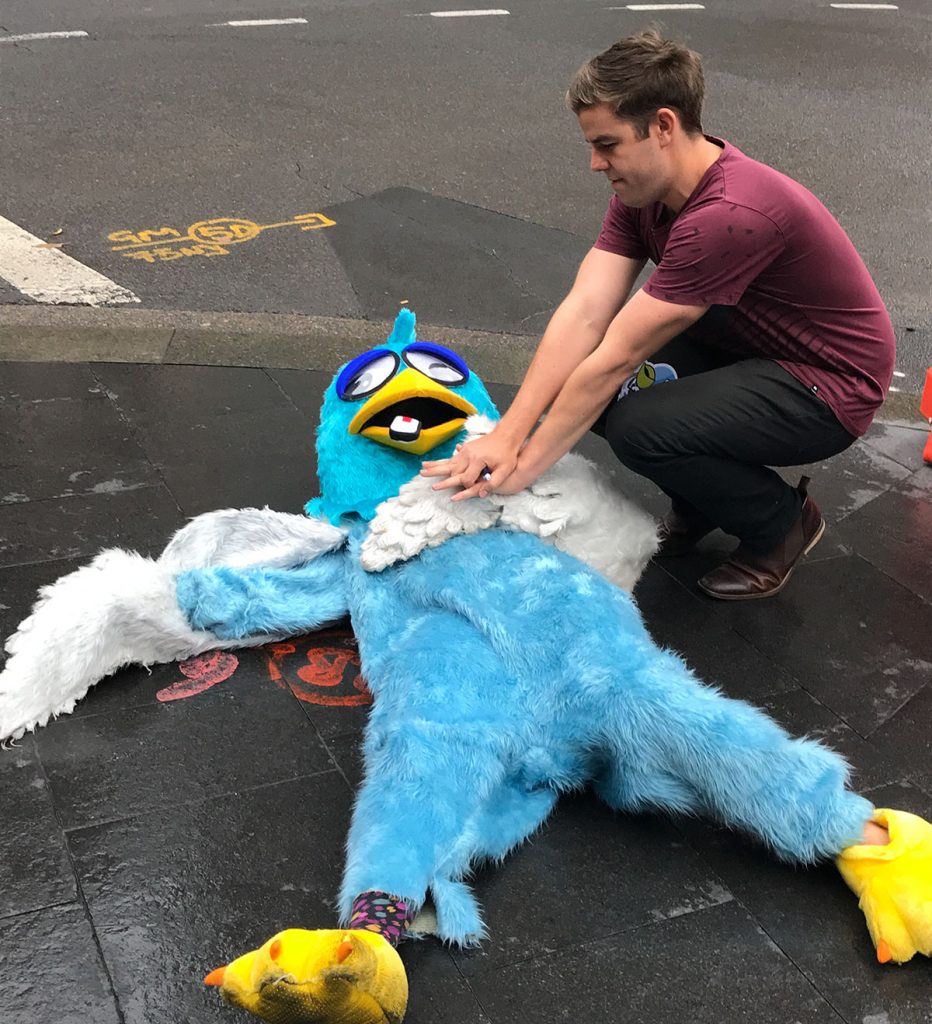
Australians joined people from 100+ countries, from Afghanistan to Venezuela, to send over 34,000 tweets to Twitter CEO Jack Dorsey. We demanded he do more to stop women and girls receiving rape and death threats, racist and homophobic insults on his platform, which bullies them into silence and restricts their freedom of speech.
In December, Twitter shares plummeted following an Amnesty report finding widespread abuse of women on the platform.
April
In Myanmar, 8,000 people were released in a prisoner amnesty. Two of those were pastors Dumdaw Nawng Lat and Langjaw Gam Seng, who were political prisoners, detained for 16 months only for helping to organise a visit by journalists to Shan State, to show the destruction allegedly caused by Myanmar Army airstrikes.
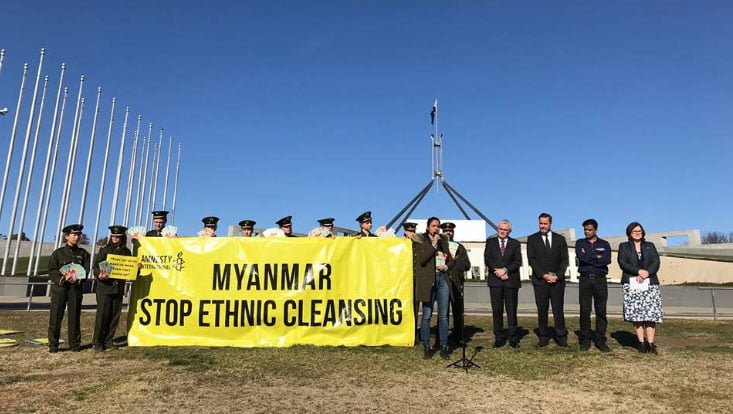
May
The amazing result of the Irish referendum, which overturned the constitutional ban on abortions, marked a massive victory for women’s rights. The result was testament to people power, with thousands of men and women travelling back to Ireland from overseas to vote and make their voices heard.
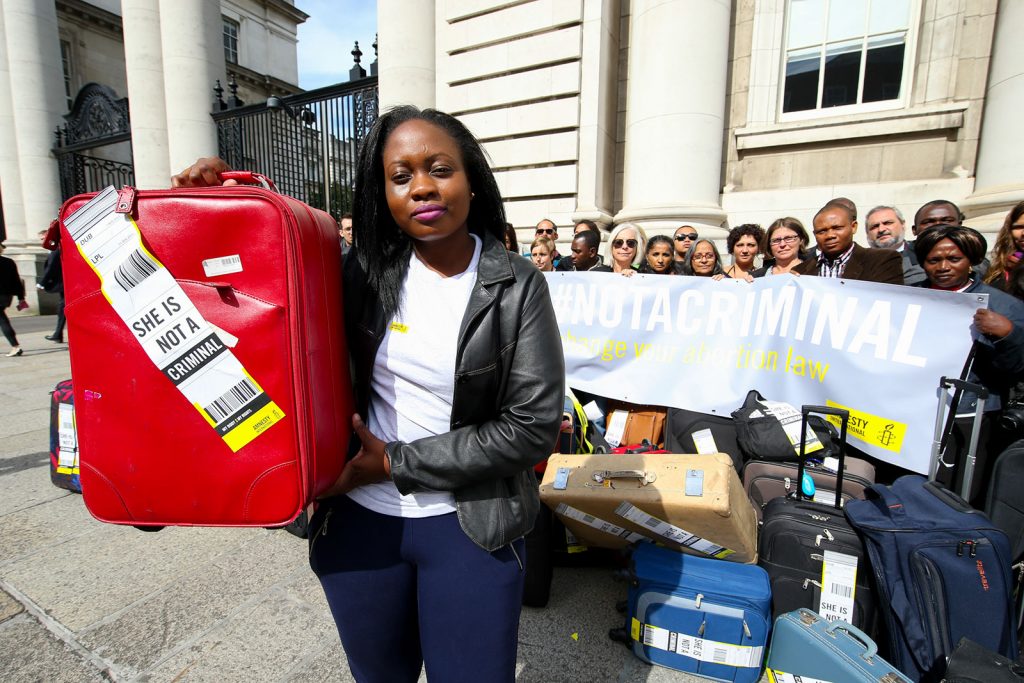
June
The US-led Coalition finally announced its re-evaluation of previously closed cases regarding accusations of civilian casualties in Syria. The coalition had initially denied and condemned Amnesty’s findings on the civilian casualties in Raqqa, before further new evidence from Amnesty investigations came to light.
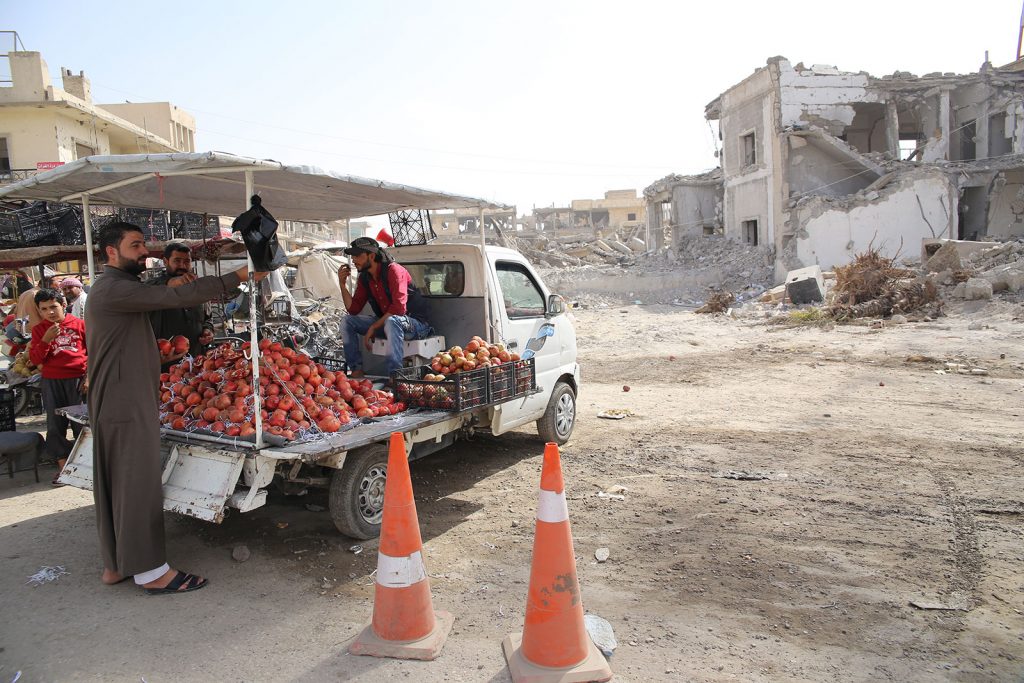
July
Artist Liu Xia was allowed to leave China for Germany in July, after almost eight years of illegal house arrest, where she’d been held ever since her husband Liu Xiaobo was awarded the Nobel Peace Prize in 2010. During that time, she was closely monitored by state security agents and could only be reached by phone in limited circumstances.
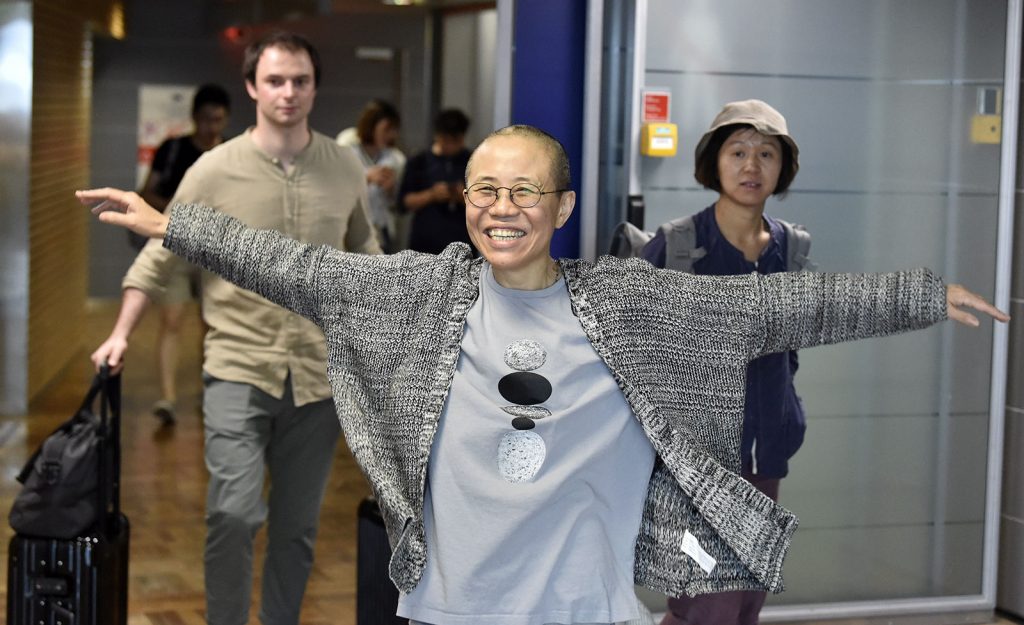
August
After 735 days behind bars for carrying out peaceful protests, prominent land and human rights activist Tep Vanny was finally released. She was part of a large group of human rights activists and protesters in Cambodia to receive a royal pardon, six months before the end of her sentence.
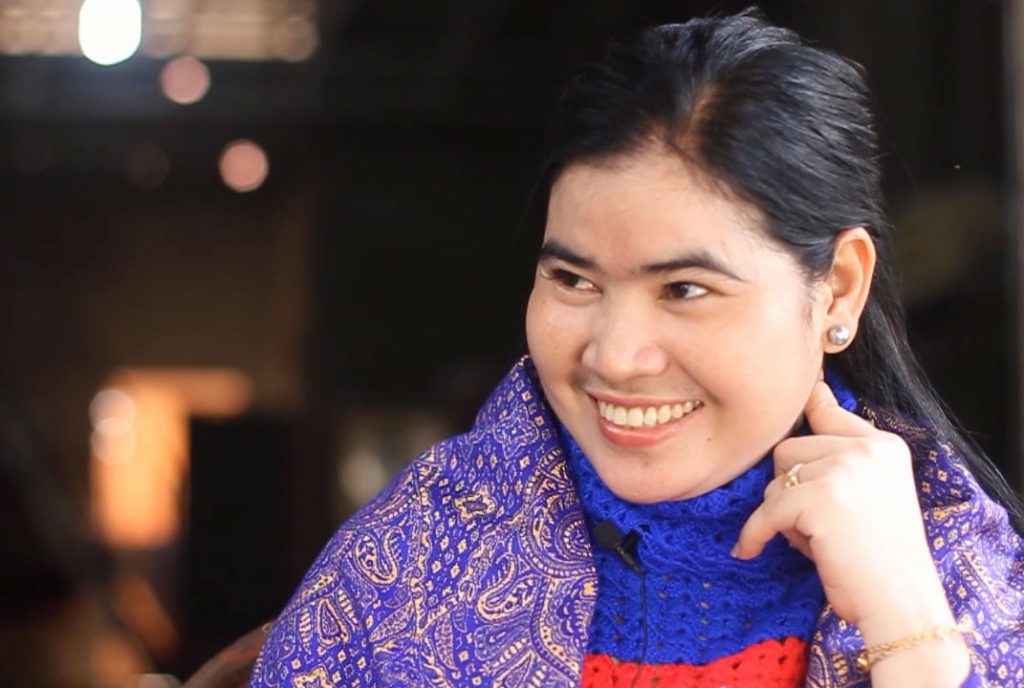
September
In a huge win for the LGBTQI community, India’s Supreme Court decriminalised consensual same-sex relations between adults. The court said that discrimination on the basis of sexual orientation is a violation of fundamental rights, guaranteed by India’s Constitution.
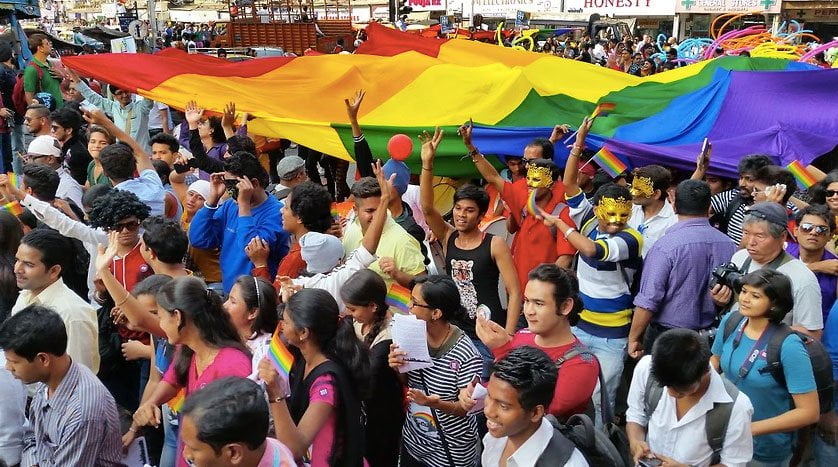
October
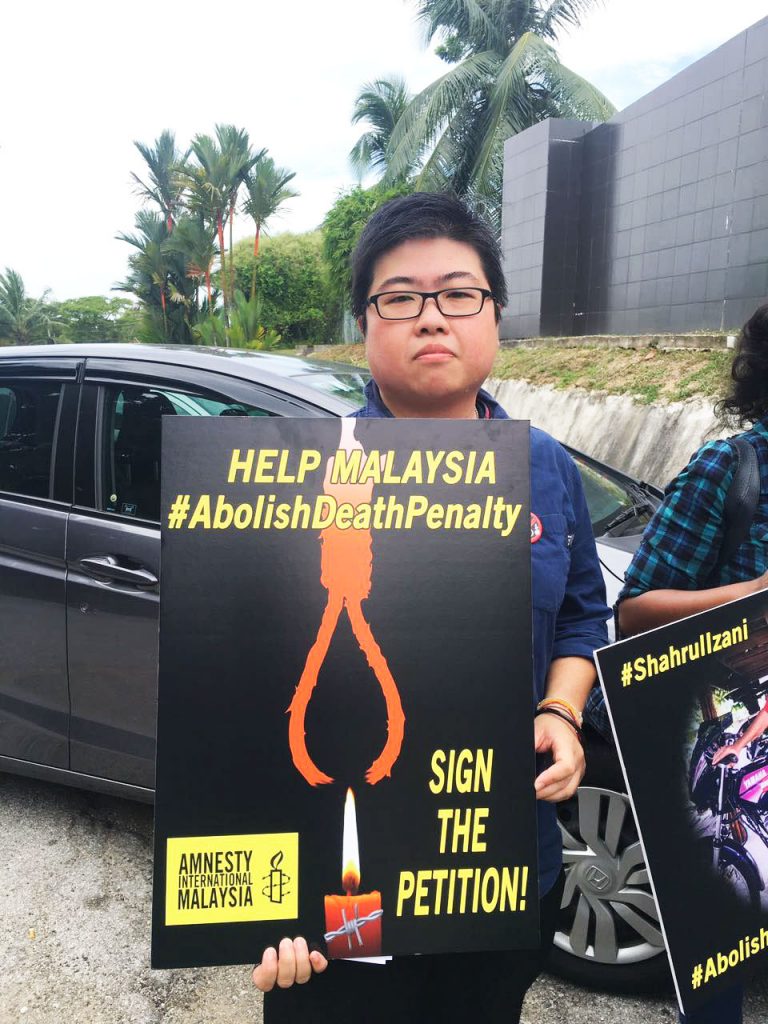
On World Day Against the Death Penalty, the new Malaysian government announced its plans to fully abolish the death penalty, and halt the executions of the more than 1,000 people on death row. In the days that followed, the death penalty was also found to be unconstitutional in the state of Washington, making it the 20th abolitionist State in the US.
November
In South Africa a court ruled the government could not issue a license for proposed titanium mining on Indigenous ancestral land in Xolobeni without the consent of Indigenous communities. “We live in a peaceful, beautiful area where we share everything – food, land and love. The elites have discovered what we have and want to take it away from us,” said Nonhle Mbuthuma, a human rights activist from the Amadiba community. “Some of my colleagues have been killed, and I know I could be too. But I am not scared.”
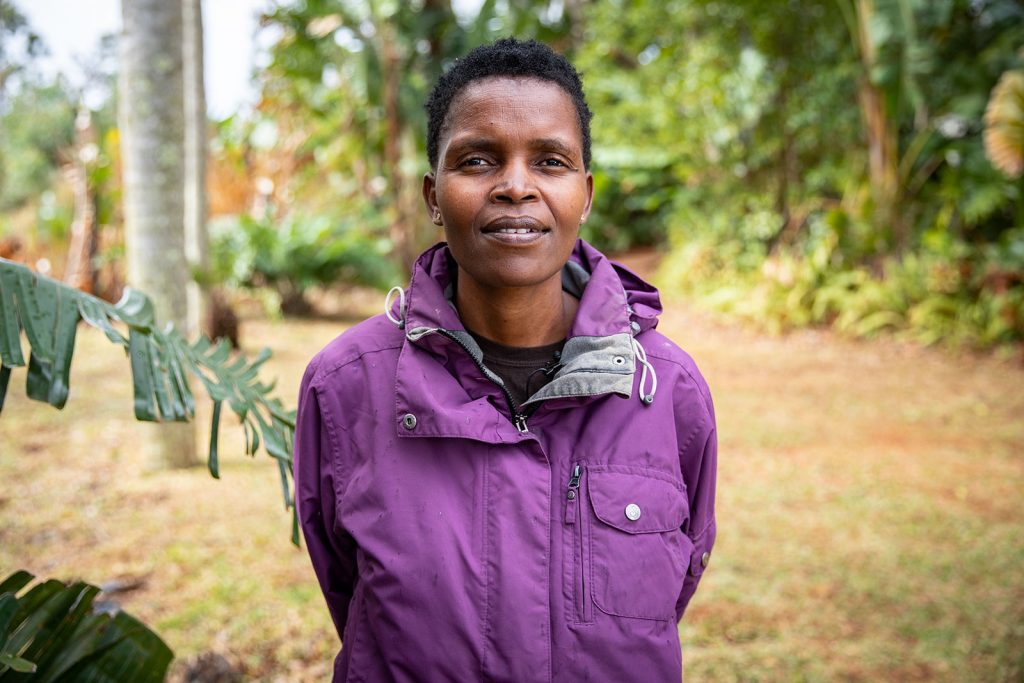
December
The City of Kingston in Victoria became the 23rd local government in Australia to support the My New Neighbour campaign, calling for a fairer and more accessible refugee community sponsorship program. Community sponsorship is a model where ordinary members of the community sponsor visas for refugees, so they can begin rebuilding their lives in safety in Australia.
